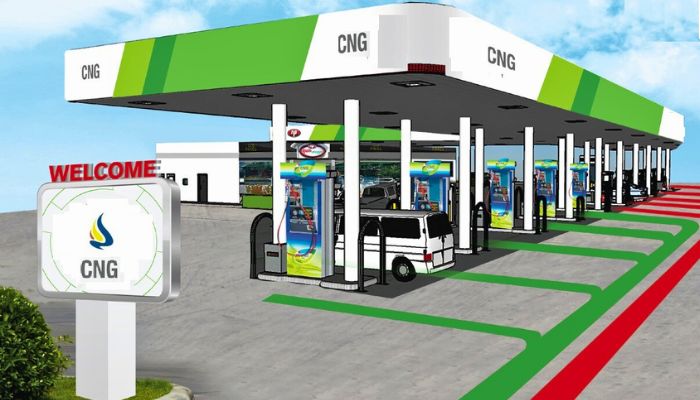…targets conversion of 1m vehicles in 5yrs
The Presidential CNG Initiative (PCNGI) has commenced engagement with stakeholders on the modalities and deployment of Compressed Natural Gas (CNG) conversion centres across the country.
This is in furtherance of President Tinubu-led administration’s mandate to foster sustainable energy solutions and reduce carbon emissions while also cushioning the impact of fuel subsidy removal, which has led to a significant increase in the price of petrol.
Speaking during the stakeholders’ engagement in Abuja on Tuesday, Zayyanu Tambari, the coordinator of regulatory, compliance and facilitation of PCNGI, said efforts were ongoing to align the conversion processes with international standards.
Read also: NASENI KIA CNG plant to promote adoption of green energy solutions
According to him, the initiative will ensure that conversion centres are properly accredited and licensed to operate, with qualified technicians and standard conversion kits.
“We indeed plan to implement a system that ensures that only vendors that are converted using accredited and licensed accreditation centres with approved conversion kits are able to get gas at retail outlets. So that you cannot go to a fake conversion centre or use substandard conversion kits. Even if you do so, you will not be able to buy gas anywhere.
“So, with this system in place, once you convert your vehicle at a conversion centre that is duly accredited, you will be issued some kind of identification. We’re going to work out on the technology. Different kinds of technologies will enable you to identify that vehicle.
“And once that vehicle goes to the retail outlets, the attendants will be able to check that vehicle and then confirm that the vehicle was converted in an accredited conversion centre with approved conversion kits, and then the guy can buy his gas and move on.
He explained that working with the Standard Organisation of Nigeria, Federal Road Safety Corp, and the National Automotive Design and Development Council, the programme will be implemented using the gas, vehicle monitoring and surveillance system.
This, according to him, will ensure an end-to-end monitoring and control system for autogas conversion and compliance in Nigeria.
“Now, we have some data here, but I think the most significant here is the fact that we plan to convert one million vehicles in the next four to five years. But at the rate at which we are working, I believe we will reach that timeline sooner than that projection.
Micheal Oluwagbemi, the programme director of PCNGI, stated that the NGVMS, which will ensure effective monitoring of the CNG ecosystem, will be operational in the next three weeks.
“In this workshop, there will be a demo of what that system looks like in the most basic form.
“It’s a gradual process, but we are going to start very soon. And the guidelines, as well as the process for that will be made explicit and as time goes on, it will be enhanced. And as more conversion is going on, as we add more centres, as we increase the mass conversion programme, you will now see it everywhere.
“The NADDC has done some stakeholder workshops in the last three weeks concerning the operational standards and the curriculum, as well as the system for accreditation of workshops, as well as personnel.
“Also, the Federal Road Safety Commission has a mandate for enforcement and also to ensure the proper building of vehicles. That’s the purpose of this session,” he said.
Abel Nsa, the senior technical advisor to the minister of petroleum (gas), stated that the Nigerian Decade of Gas Initiative has opened up the gas sector to be used as an economic enabling tool.
